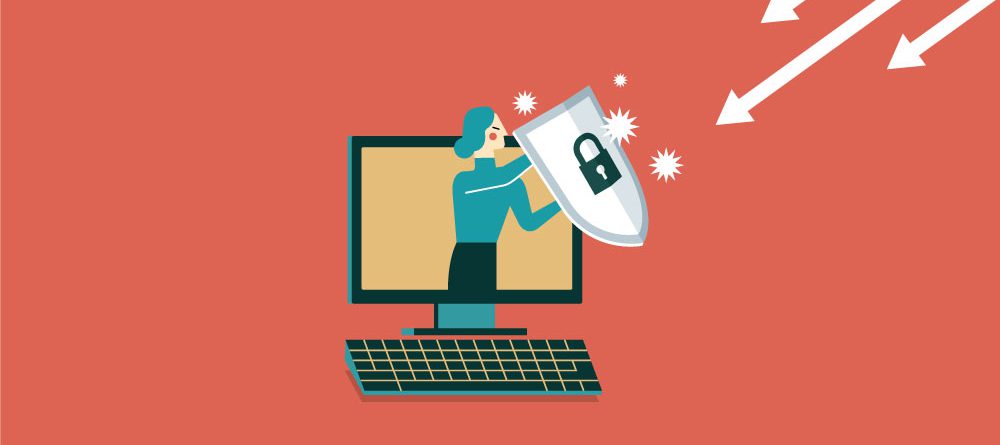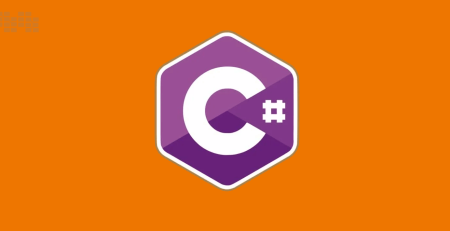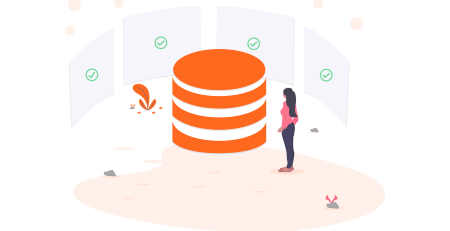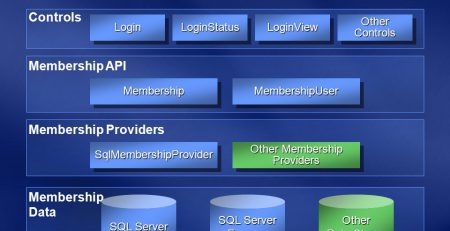Few things to do to improve your Cybersecurity posture
Encrypt your data
COVID-19 has completely changed the way we work. Employees now work from home on their personal gadgets. This is a tendency that will continue. Security must be enforced on all devices, whether at the office and at home. Data should be kept in an encrypted format on all personal devices and IoT devices, ensuring data security. Setting up a VPN at home would increase the security of your devices and WIFI. This reduces vulnerabilities and ensures that your company’s data is safe in employee residences.
Strong password policy
It’s critical to have a robust password policy in place. It will take your company minimal time and money to deploy, and it will assure data security and protection. Passwords should be long and contain a combination of numbers, characters, and symbols. Every 90 days, it’s a good idea to update your password.
Password manager
When there are several passwords to remember, it might be confusing for us humans. Users frequently reuse the same or similar passwords, exposing security issues. Password managers make life easier by creating and storing unique passwords and usernames that are more secure for your company.
Multi-Factor Authentication (MFA)
Account security is ensured with multi-factor authentication. They function by ensuring that only the legitimate owner of your login and account is able to log on with the identity that matches your password. Because passwords can be hacked and stolen, an MFA provides additional confidence that you are the true employee having access to your account.
Check user permissions
Check that users have the appropriate permissions, system privileges, and data access rights at all times. To avoid potential misuse, any higher authorization access should be closely monitored. Cyberattacks have been known to exploit redundant or hacked accounts, therefore it’s also critical to delete old accounts that are no longer in use. If an attacker gains access to a privileged system, for example, they may modify security controls, resulting in a larger breach later.
From the moment an account is created, security criteria must be established. To maintain continuous security, user privileges should be limited, managed, and constantly monitored.
Back-Up data regularly
Your business will withstand any inadvertent file deletion, phishing, or ransomware attacks if you back up your data on a regular basis. Data must be stored at a secure remote location distant from the place of business in order to do this. You may rest certain that if your organization is attacked, you will be able to recover lost data promptly if you have off-site backup in place.
Be wary of insider threats
Insider dangers occur in a variety of shapes and sizes. They can arise from trivial mistakes, such as an employee clicking a link in a phishing email. It is critical that personnel have the most up-to-date cyber security training in order to manage this.
The latest training
Staff cyber security training can assist demonstrate the relevance of this, particularly in light of the rise in cybercrime during the epidemic. All employees with a password and login are responsible for securing data in any organization. This password should never be given out to anybody, including third parties. To fully protect their devices, employees should update their software and programs on a regular basis.
Don’t conceal mistakes
When mistakes are made, acting fast is critical to guarantee that your organization can move quickly to limit any losses and any ramifications that this breach may have on your business. To defend your firm from malicious attacks, conduct regular security testing and install an antivirus and anti-malware system.
Invest in cyber security
With many organizations recognizing the importance of cyber security and their role in pushing for it, investment in your cyber security is on the rise. This safeguard ensures that your company is safe from cyberattacks and that you have systems in place to mitigate the consequences of any breaches.
It’s critical that your company be safe against cyberattacks and hackers in general. Security audits, rules, and processes guarantee that the consequences of any breaches are minimized as quickly as possible, while also acknowledging the importance of cyber security and defending your company.













Leave a Reply